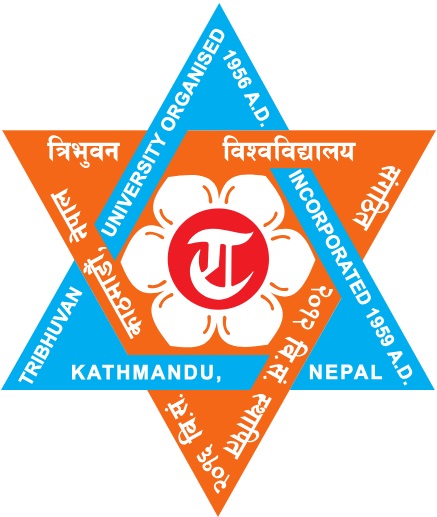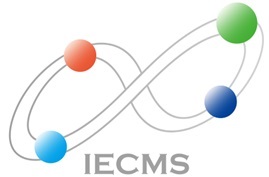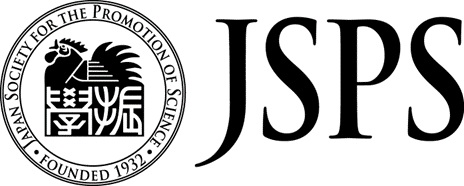【14-15 March】1st Workshop on Projection and Mitigation of Mega-Geo-Disasters under Changing Climate
Last Updated on April 1, 2024
Supported by JSPS Core-to-Core Program
1st Workshop on Projection and Mitigation of Mega-Geo-Disasters under Changing Climate
— Mountain-Plain Interaction in the Southern Periphery of the Himalayas.
The IPCC’s 6th Assessment Report (AR6) underscores the acceleration of climate change, projecting a global mean temperature increase of 1.5K by 2030 compared to pre-industrial levels. This workshop, centered on the vulnerable southern periphery of the Himalayan Range, aims to address the complex challenges posed by the region’s variable climate conditions, unique topography, and active geological processes. Notably, the Meghalayan epoch, identified through cave speleothems, signifies a historical global drought around 4,200 years ago, emphasizing the concept of Earth’s climate transitioning to another equilibrium state. The region’s multidisciplinary adaptation efforts face added complexity due to glaciers, intrinsic water resources, and potential sources of mega-geo-disasters.
Collaborative international research initiatives, involving Tribhuvan University, Kagawa University are actively engaging in climate-related studies. This workshop will be led by the Central Department of Hydrology and Meteorology (CDHM) and Central Department of Geology (CDG) from the Nepal side, and the Climate Change Adaptation Research Group (ccARG) and the International Consortium for Earth and Development Science (ICEDS) in Kagawa University in Japan. This workshop seeks to accelerate climate change adaptation measures, fostering scientific collaboration across geology, geomorphology, glaciology, hydrology, biology, climatology, meteorology, social sciences, and engineering.
Key topics will include extreme precipitation events, storm formation, glacier mass balance, global climate change status, mega-geo-disasters, biodiversity impact, highland-lowland interactions, geological phenomena, risk management, tourism development, cultural interactions, livelihood resource exchanges, river systems, hydrometeorological forecasting, and environmental change. This workshop is an integral component of the Asina Precipitation Experiment (AsiaPEX), which is developing research project focusing on the Asian hydroclimatological processes under the WCRP/GEWEX framework.
Targeting the southern periphery of the Himalayan Range and its tributaries, the workshop aims to create a scientific horizon for effective climate adaptation in one of the world’s most vulnerable regions. Researchers interested in contributing to the development of climate change adaptation sciences are encouraged to actively participate.
Focal Topics:
- Extreme precipitation events: Observation, estimation, and prediction.
- Formation mechanisms of severe storms.
- Understanding glacier mass balance and downstream water resource impacts.
- Global climate change status and future projections.
- Mega-geo-hazards under changing climates: Definitions and new perspectives.
- Geological-hydroclimatological compound hazards.
- Climate change impact on biodiversity, including vegetations and ecosystems.
- Highland-lowland interactions in hydroclimate and social systems.
- Geological phenomena: tectonic, geomorphological, and hydrological processes.
- Glaciological mega-disasters: glacial lake outburst floods (GLOF).
- Risk management and tourism development.
- Ethnic/cultural/livelihood diversification and interactions with geo-hydrometeorological environments.
- Exchanges and sharing of traditional livelihood resources between highland and lowland societies.
- River systems: sedimentation, flood wave, river trade of livelihood resources.
- Impact of lowland hydrometeorological forecasting skill improvement on highland extreme event prediction.
- Impact of highland/lowland environmental change on lowland/highland environments.
- Remote sensing techniques associated with geological/hydrological/meteorological/biological environments.
Target Regions:
- The southern periphery of the Himalayan Range and its tributaries, encompassing the Tibetan region in China, Nepal, North and Northeastern India, Bhutan, Bangladesh, and Myanmar.
Date:
14-15, Mar. 2024
Venue:
Akama Hotel, Kathmandu, Nepal.
You can check the program of this workshop here.







